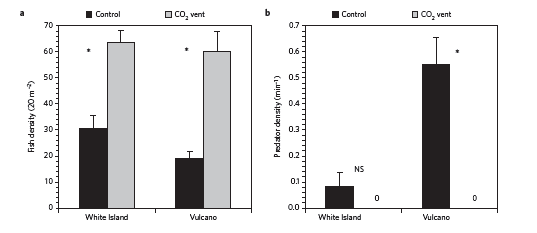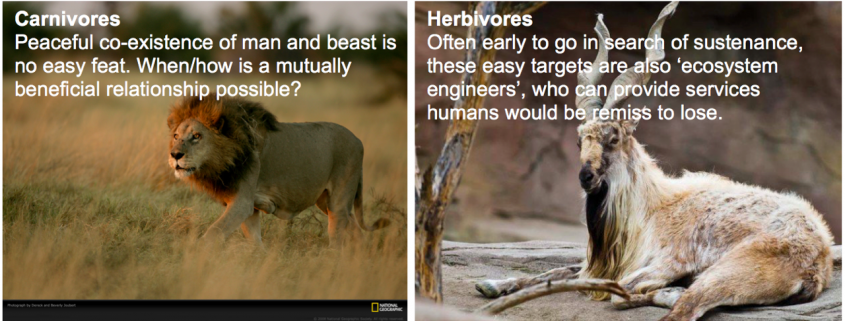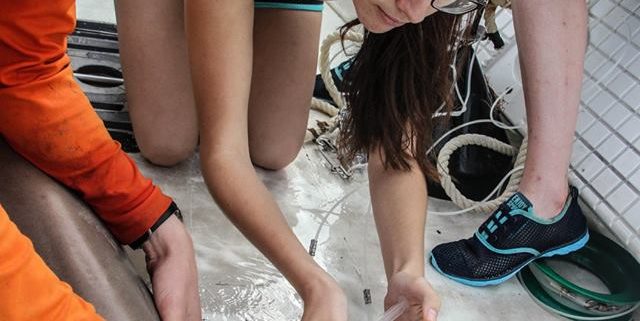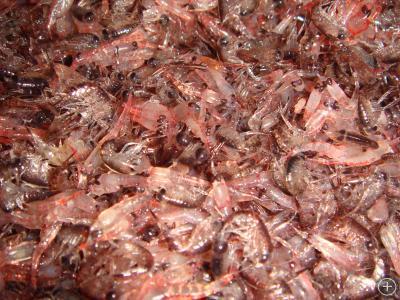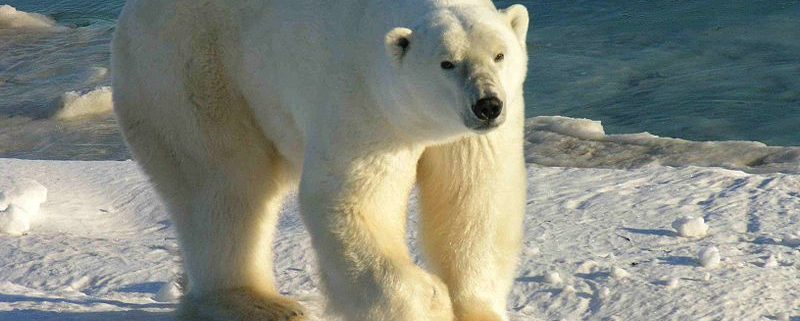Ocean acidification alters fish populations indirectly through habitat modification
By Shannon Moorhead, SRC Intern In recent years, it has become apparent that increased CO2 emissions have farther reaching consequences than simply raising the temperature of Earth’s atmosphere. A significant amount of CO2 is absorbed by the ocean, which raises its acidity through chemical reactions with water molecules. This process, termed ocean acidification, has a large […]
The Best Approach to an Economic Marine Instability: Guam’s Coral Reefs
By Casey Dresbach, SRC Intern Integrated models can simulate the ecological, social, and economic consequences of different marine management approaches. In this study, a dynamic reef biophysical model is linked with human behavior models for the coral reef ecosystem of Guam (jcpag2012, 2012). Researchers, Mariska Weijerman, Cynthia Grace-McCaskey, Shanna L. Grafeld, Dawn M. Kotowicz Kirsten L.L. […]
Community-based hunting management of large carnivores and herbivores: is a mutually beneficial relationship possible?
By Rachel Skubel, SRC Intern When conserving species, considering the human dimension is generally essential to a successful trajectory. More and more, as our cities expand on land, and access to the ocean increases, there is inextricable overlap. In some cases, conservation efforts are inherently linked with having these animals around – for example trophy hunting […]
Shark Tagging with Hialeah High School
By Casey Dresbach, SRC Intern On the fairly windy and overcast morning of December 3rd, the SRC team and honorary audience members set sail on yet another successful venture. The SRC team and I met at Crandon Park at 8 AM, along with high school students from Hialeah High School, and a very special guest, […]
Krill’s Rapid Decline; Small Scale Manifests a Larger Scaled Result
By Casey Dresbach, SRC Intern Krill (Euphausia superba) are small crustaceans found in all of the world’s oceans. They rely on small phytoplankton, single-celled plants as their food source that drift near the ocean’s surface. The tiny primary consumers rest at the bottom of the ecological marine food pyramid yet are key to the diets hundreds of […]
Climate Change to Cause Polar Bear Population Declines
By Laura Vander Meiden, SRC Intern Over the next 35-40 years polar bear populations have the potential to decrease by more than 30% according to an assessment by the International Union for Conservation of Nature (IUCN). The report cites climate change and the resulting loss of sea ice as the cause of this probable decline. […]

